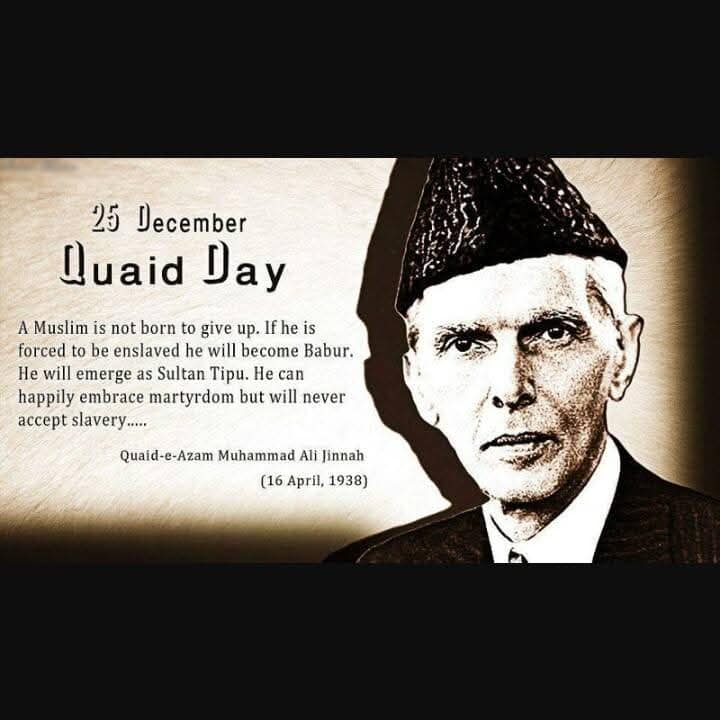Ramadan 2025
Ramadan is the holiest month in the Islamic calendar, observed by Muslims worldwide with fasting, prayers, and devotion. In 2025, Ramadan is expected to begin on the evening of Friday, February 28, 2025, and end on the evening of Sunday, March 30, 2025. But, the exact dates depend on the sighting of the moon in different countries.
In this article, we will discuss the expected Ramadan 2025 dates for Saudi Arabia, India, UAE, Pakistan, and other countries. We will also cover Sehri (pre-dawn meal) and Iftar (meal to break the fast) timings, along with some essential Ramadan practices.
Ramadan 2025 Start and End Dates
The Islamic calendar follows the lunar cycle, meaning the months start and end based on the moon’s sighting. Ramadan lasts 29 or 30 days, depending on when the new moon is sighted.
Here are the expected start and end dates for Ramadan 2025 in different countries:
| Country | Expected Start Date | Expected End Date |
|---|---|---|
| Saudi Arabia | February 28, 2025 | March 30, 2025 |
| UAE | February 28, 2025 | March 30, 2025 |
| Pakistan | March 1, 2025 | March 30, 2025 |
| India | March 1, 2025 | March 30, 2025 |
| Other Countries | February 28 – March 1, 2025 | March 30, 2025 |
These dates may change based on the moon sighting committees in each country.
Sehri and Iftar Timings for Major Countries

Sehri and Iftar timings vary by location due to differences in sunrise and sunset times. Below are estimated timings for major cities:
Saudi Arabia (Riyadh, Jeddah, Makkah, Madinah)
- Sehri: 5:10 AM – 5:30 AM
- Iftar: 6:05 PM – 6:25 PM
United Arab Emirates (Dubai, Abu Dhabi, Sharjah)
- Sehri: 5:05 AM – 5:20 AM
- Iftar: 6:20 PM – 6:35 PM
Pakistan (Karachi, Lahore, Islamabad, Peshawar)
- Sehri: 4:55 AM – 5:15 AM
- Iftar: 6:15 PM – 6:40 PM
India (Delhi, Mumbai, Bangalore, Hyderabad)
- Sehri: 5:00 AM – 5:25 AM
- Iftar: 6:30 PM – 6:50 PM
These timings are estimates and can vary slightly. It is always best to check local Islamic centers or mosques for exact daily schedules.
Duas for Ramadan

Dua for Keeping a Fast (Sehri Dua)
وَبِصَوْمِ غَدٍ نَّوَيْتُ مِنْ شَهْرِ رَمَضَانَ
“Wa bisawmi ghadinn nawaitu min shahri Ramadan.”
Translation: I intend to keep the fast for tomorrow in the month of Ramadan.
Dua for Breaking a Fast (Iftar Dua)
اللَّهُمَّ إِنِّي لَكَ صُمْتُ وَبِكَ آمَنْتُ وَعَلَيْكَ تَوَكَّلْتُ وَعَلَىٰ رِزْقِكَ أَفْطَرْتُ
“Allahumma inni laka sumtu wa bika aamantu wa ‘alayka tawakkaltu wa ‘ala rizq-ika aftartu.”
Translation: O Allah! I fasted for You, I believe in You, I put my trust in You, and with Your sustenance, I break my fast.
Here are the Duas for the three Ashras (10-day segments) of Ramadan:
Dua for the First 10 Days of Ramadan (Days 1-10) – Days of Mercy
رَبِّ اغْفِرْ وَارْحَمْ وَأَنْتَ خَيْرُ الرَّاحِمِينَ
“Rabbi ighfir warham wa Anta khayrur rahimeen.”
Translation: My Lord, forgive and have mercy, and You are the best of the merciful. (Surah Al-Mu’minun 23:118)
Dua for the Second 10 Days of Ramadan (Days 11-20) – Days of Forgiveness
أَسْتَغْفِرُ اللَّهَ رَبِّي مِنْ كُلِّ ذَنْبٍ وَأَتُوبُ إِلَيْهِ
“Astaghfirullaha Rabbi min kulli dhambin wa atubu ilayh.”
Translation: I seek forgiveness from Allah, my Lord, for all my sins, and I turn to Him in repentance.
Dua for the Last 10 Days of Ramadan (Days 21-30) – Days of Salvation from Hellfire
اللَّهُمَّ أَجِرْنِي مِنَ النَّارِ
“Allahumma ajirni min an-naar.”
Translation: O Allah, save me from the Hellfire.
These Duas are recited during each Ashra of Ramadan to seek mercy, forgiveness, and protection from Hellfire.
Significance of Ramadan
Ramadan is not just about fasting; it is a time for spiritual growth, self-discipline, and devotion to Allah. Here are some important aspects of this holy month:
1. Fasting (Sawm)
Muslims fast from dawn (Fajr) until sunset (Maghrib), refraining from food, drink, and sinful behavior. Fasting teaches patience, gratitude, and self-control.
2. Increased Prayers
Apart from the five daily prayers, Muslims conduct Taraweeh prayers at night. Many also read the Quran daily, aiming to finish it by the end of Ramadan.
3. Charity and Helping Others
Giving charity (Zakat and Sadaqah) is highly encouraged. Muslims help the needy by donating food, money, and essentials.
4. Laylat al-Qadr (Night of Power)
The last ten nights of Ramadan are especially blessed, as one of them is Laylat al-Qadr, the night when the Quran was revealed. Worship on this night is believed to be better than a thousand months of devotion.
Eid al-Fitr 2025 – Celebration After Ramadan
At the end of Ramadan, Muslims celebrate Eid al-Fitr, a festival of joy and gratitude. The date of Eid is based on the moon sighting and is expected to be on March 31, 2025 in most countries.
Eid Traditions:
- Special Eid prayers at mosques
- Giving Zakat al-Fitr (charity before Eid prayers)
- Wearing new clothes and meeting loved ones
- Enjoying festive meals and sweets
Healthy Fasting Tips for Ramadan 2025
To stay active and healthy during Ramadan, follow these tips:
1. Eat a Balanced Sehri
A good Sehri should include:
- Complex carbohydrates (whole grains, oats) for energy
- Proteins (eggs, yogurt, nuts) to keep you full
- Fruits and vegetables for hydration
2. Stay Hydrated
- Drink plenty of water between Iftar and Sehri
- Avoid caffeinated drinks like tea and coffee
3. Avoid Overeating at Iftar
- Break your fast with dates and water
- Eat light meals to avoid bloating
4. Get Enough Sleep
Ramadan changes your sleep schedule, so try to rest during the day if needed.
Ramadan 2025 is a blessed time for spiritual growth, reflection, and devotion. While fasting is a key part of this holy month, it is also about prayers, charity, and strengthening faith.
As the start of Ramadan depends on the moon sighting, it is best to check with local mosques or Islamic authorities for confirmation. This Ramadan bring peace, blessings, and happiness to everyone observing it.
Wishing you a blessed Ramadan 2025!















Media
Ramadan is such a special time of the year, and it’s fascinating how the timings vary across different locations. The tips for staying healthy during Ramadan are really helpful, especially the emphasis on a balanced Sehri. I’ve always wondered how people manage their sleep schedules during this month—do you have any personal strategies? It’s also interesting how the moon sighting plays such a crucial role in determining the start of Ramadan. I think it’s great that local mosques provide exact timings, as it brings a sense of community. How do you usually confirm the start of Ramadan in your area? Wishing everyone a peaceful and blessed Ramadan!